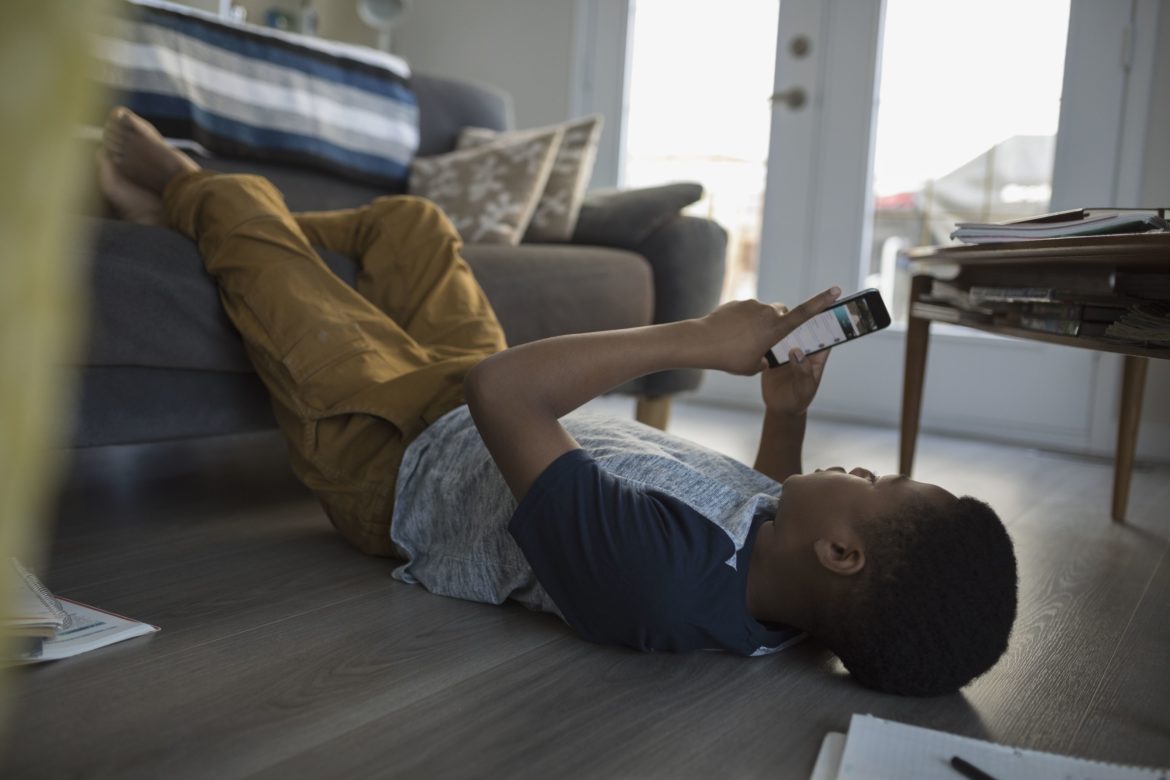Inactivity puts health of adolescent at risk – WHO
By Muhammad Auwal
The World Health Organisation (WHO) had warned that urgent action was needed to increase physical activity levels in girls and boys aged 11years to 17 years worldwide, or else their current and future health would be compromised.
This is according to the latest WHO study published in The Lancet Child & Adolescent Health journal in Geneva.
 Based on data reported by 1.6 million 11-year-old to 17-year-old students, more than 80 per cent of school-going adolescents globally, including 85 per cent of girls and 78 per cent of boys, did not meet current recommendations of at least one hour of physical activity per day.
Based on data reported by 1.6 million 11-year-old to 17-year-old students, more than 80 per cent of school-going adolescents globally, including 85 per cent of girls and 78 per cent of boys, did not meet current recommendations of at least one hour of physical activity per day.
The health benefits of a physically active lifestyle during adolescence include improved cardio-respiratory and muscular fitness, bone and cardio-metabolic health, and positive effects on weight.
There is also growing evidence that physical activity has a positive impact on cognitive development and socialising, with current evidence suggesting that many of these benefits continue into adulthood, the WHO said.
To achieve these benefits, the WHO recommends for adolescents to do moderate or vigorous physical activity for an hour or more each day.
WHO said that they should spend time in active play, recreation and sports, active domestic chores, walking and cycling or other types of active transportation, physical education and planned exercise.
To improve the situation, the study recommends that countries urgently scale up any known effective policies and programmes to increase physical activity in adolescents.
And also take multi-sectoral action to offer opportunities for young people to be active, involving education, urban planning, road safety and others.
“The study highlights that young people have the right to play and should be provided with the opportunities to realise their right to physical and mental health and well-being,” said Co-author Dr Fiona Bull with the WHO.
“Strong political will and action can address the fact that four in every five adolescents do not experience the enjoyment and social, physical and mental health benefits of regular physical activity.
Policy makers and stakeholders should be encouraged to act now for the health of this and future young generations,” she added.
The study also highlights the trend of girls being less active than boys, calling on governments to identify and address the many causes and inequities that can perpetuate the gender differences.
“Countries must develop or update their policies and allocate the necessary resources to increase physical activity,” said Dr Bull.
“Comprehensive action requires engagement with multiple sectors and stakeholders, including schools, families, sport and recreation providers, urban planners, and city and community leaders.”




